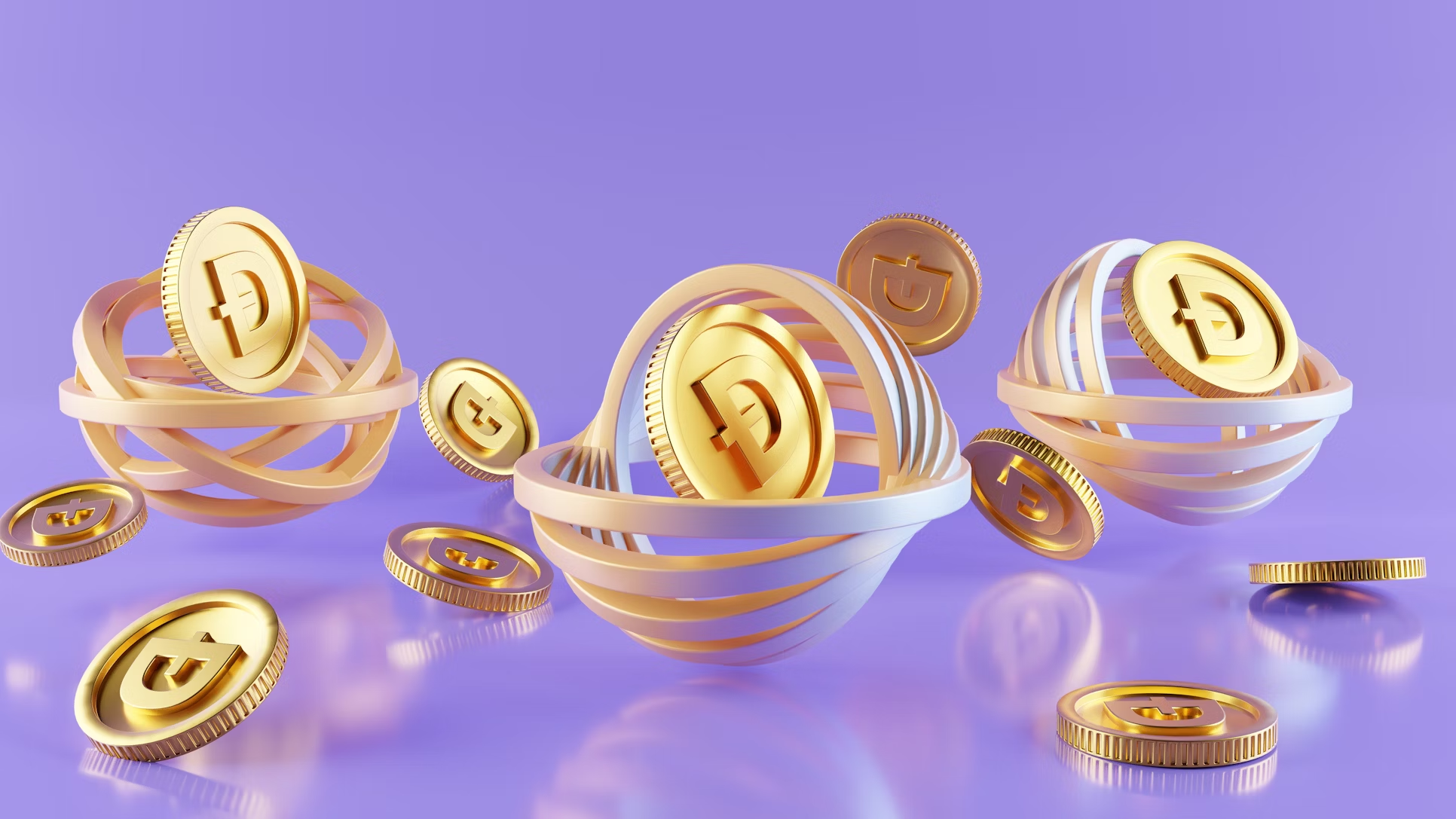Currency conversion is a critical component of global finance, influencing everything from international trade to travel spending. It allows individuals and businesses to exchange one form of currency for another, enabling cross-border transactions and access to goods, services, and investments across the globe. Understanding how currency conversion works can help you make informed decisions, whether you’re traveling, investing, or working in international markets. In this guide, we’ll explore the essentials of currency conversion, trends in the market, and tools to help you get the best rates.
What is Currency Conversion?
Currency conversion is the process of exchanging one currency for another, typically at a pre-established exchange rate. Exchange rates fluctuate based on a variety of factors, including economic conditions, political events, and market demand for a particular currency. When you convert currency, you’re essentially buying or selling money from one country in exchange for that of another.
For example, if you’re traveling from the U.S. to Europe, you’ll need to convert U.S. dollars (USD) to euros (EUR) in order to make purchases in the local currency. This process is the same whether you’re exchanging money at a bank, an airport, or through a currency exchange app.
The Currency Exchange Market: How It Works
The currency exchange market is one of the largest and most liquid markets in the world. Known as the foreign exchange (Forex) market, it’s open 24 hours a day, five days a week. The Forex market operates through a network of banks, brokers, and financial institutions that buy and sell currencies.
Currency prices fluctuate based on supply and demand, and the value of any given currency is relative to another. For example, the exchange rate between the U.S. dollar and the euro will rise or fall based on the strength of each currency in the global market.
Key Factors Influencing Currency Conversion Rates
Interest Rates: Central banks set interest rates, which impact the attractiveness of a currency for investors. A higher interest rate generally strengthens a country’s currency because it offers better returns on investments.
Inflation Rates: A country with lower inflation tends to see an appreciation in its currency. Stable prices encourage foreign investment and contribute to stronger demand for the currency.
Political Stability and Economic Performance: Political uncertainty or economic instability often leads to a weaker currency. Investors tend to shy away from risky markets, impacting currency values.
Trade Balances: If a country exports more than it imports, its currency will likely appreciate due to the demand for its goods and services, creating a demand for its currency.
Market Sentiment: Investors’ perceptions and speculations can drive the value of currencies up or down. For example, if investors expect the U.S. dollar to strengthen in the future, they may buy dollars now, pushing up its value.
Common Methods for Currency Conversion
Banks: Banks are one of the most common places to exchange currencies, especially for large transactions. They offer competitive rates but may charge a service fee. For everyday exchanges, banks are often more convenient.
Currency Exchange Services: These services, available at airports, hotels, or online, specialize in currency exchange. While they may provide more convenience, they often offer less favorable exchange rates than banks.
ATMs: International ATMs allow you to withdraw local currency using your debit or credit card. While the exchange rate is usually reasonable, fees can vary, so it’s important to check with your bank ahead of time.
Online Currency Exchange Platforms: A number of online platforms, such as Revolut or TransferWise (now Wise), offer competitive exchange rates and low fees. These platforms allow you to transfer money internationally and convert currency from the comfort of your home.
Currency Exchange Apps: Mobile apps have become a popular method for currency conversion due to their ease of use. Apps like XE and Currency Converter Plus offer real-time exchange rate information and sometimes allow for direct conversions.
Understanding Exchange Rate Types
There are several types of exchange rates that play a role in currency conversion:
Spot Rate: The current exchange rate at which a currency can be exchanged for another. This is typically used for immediate transactions and reflects the market value.
Forward Rate: A rate agreed upon today for a currency exchange transaction that will take place in the future. Forward rates are useful for businesses and investors looking to hedge against currency risk.
Bid-Ask Spread: The difference between the price at which a currency is bought (bid) and the price at which it is sold (ask). A narrower spread usually indicates less volatility in the currency market.
Tools to Help You with Currency Conversion
If you’re dealing with currency conversion on a regular basis, especially for international travel, investments, or remittances, it’s essential to use tools that provide real-time rates and allow you to make conversions easily.
Currency Conversion Apps: XE, Revolut, and TransferWise are all widely used apps that provide instant conversion and real-time exchange rates. These apps also track historical trends, helping you monitor the strength of various currencies.
Currency Converter Websites: Websites like OANDA, XE.com, and X-Rates offer detailed currency conversion services. These sites not only provide the latest rates but also offer historical data, which is helpful for businesses and investors who want to analyze trends.
Forex Brokers: For larger transactions or regular currency trading, Forex brokers offer tools for conversion and market analysis. They also allow you to leverage your trades, although this carries higher risks.
Bank Conversion Services: While not as tech-savvy as apps, many banks offer their own currency conversion tools, particularly for international wire transfers. This service is ideal for businesses or people making large, recurring conversions.
Emerging Trends in Currency Conversion
Cryptocurrencies and Blockchain: The rise of digital currencies like Bitcoin and Ethereum has added a new dimension to currency conversion. Cryptocurrencies can be converted into traditional currencies or used directly for purchases in certain markets. Blockchain technology, which underpins cryptocurrencies, is also being explored for secure, cost-effective currency conversion.
Instant and Low-Cost Transfers: Traditional methods of currency conversion often involve delays and high fees. Emerging platforms like Wise and Revolut are making international transfers faster and more affordable, bypassing traditional banking systems to provide near-instant transfers with minimal fees.
Currency Conversion for E-Commerce: As e-commerce grows, businesses must manage multiple currencies. Solutions like PayPal, Stripe, and Shopify offer automatic currency conversion for international sales, ensuring that customers can shop in their preferred currency, while businesses receive payments in their own.
Dynamic Currency Conversion (DCC): Some financial institutions are offering dynamic currency conversion, allowing cardholders to convert their purchase amount into their home currency at the point of sale. While convenient, DCC often comes with higher exchange rate margins, so it’s important to understand the fees involved.
AI and Machine Learning for Exchange Rate Predictions: The integration of artificial intelligence (AI) and machine learning algorithms is changing how currency exchange rates are predicted. By analyzing historical data and real-time events, AI tools can offer better forecasts and help users time their conversions more effectively.
Tips to Get the Best Currency Conversion Rates
Compare Exchange Rates: Rates can vary significantly between providers. Before exchanging money, compare rates offered by banks, currency exchange offices, and apps. Tools like XE and OANDA can help you get a quick overview.
Watch for Hidden Fees: Some currency converters advertise low rates but add fees that make the transaction more expensive. Always check for additional charges before committing.
Timing Matters: Currency exchange rates fluctuate throughout the day. If you’re not in a hurry, watch the rates for a while to see if you can get a better deal. However, remember that market movements can be unpredictable.
Consider Online Solutions: Online platforms like Wise or Revolut typically offer better rates than banks and exchange services. They also allow for easy tracking of your transactions.
FAQs
What Is Currency Conversion?
Currency conversion is the process of exchanging one currency for another at a specific exchange rate. Exchange rates are typically determined by financial markets and fluctuate based on factors like interest rates, inflation, and global events.
How Are Exchange Rates Determined?
Exchange rates are influenced by supply and demand in the foreign exchange market. Political stability, inflation, economic growth, and central bank policies also play a significant role.
What Is a Mid-Market Exchange Rate?
The mid-market rate is the midpoint between the buy and sell prices of two currencies on the global market. This is considered the “real” or “fair” exchange rate, although banks and currency exchanges often charge a markup.
Where Can I Convert Currency?
Currency can be converted at banks, currency exchange services, airports, and online platforms. Online currency conversion apps and digital payment services like PayPal also offer conversion services, sometimes with lower fees.
How Can I Get the Best Currency Exchange Rate?
Avoid Airport Currency Exchanges: They usually charge higher fees.
Compare Providers: Check rates from banks, money changers, and online services.
Use a Travel-Friendly Credit Card: Some cards offer no foreign transaction fees.
Monitor Exchange Rates: Use an exchange rate tracker to watch for favorable fluctuations.
Are There Fees for Currency Conversion?
Yes, most providers add fees or mark up the exchange rate to make a profit. Look for transparent providers that disclose all fees upfront to avoid surprises.
What Is Dynamic Currency Conversion (DCC)?
Dynamic Currency Conversion allows you to pay in your home currency when using a foreign ATM or card machine. While convenient, DCC often comes with a poor exchange rate and higher fees.
How Can I Avoid Hidden Currency Conversion Fees?
Opt Out of DCC: Choose to pay in the local currency instead of your home currency.
Ask About Fees: Check with your bank or provider before making transactions abroad.
Use Fee-Free Services: Some online banks and payment providers offer low or no foreign transaction fees.
Final Thoughts
Currency conversion plays a pivotal role in both personal finance and global business. Understanding how exchange rates work, along with the methods available to convert currency, can save you money and help you make better financial decisions. The rise of digital solutions like apps and online platforms is revolutionizing the way we handle currency exchange, making it faster, cheaper, and more convenient.
To Read More; Click here


